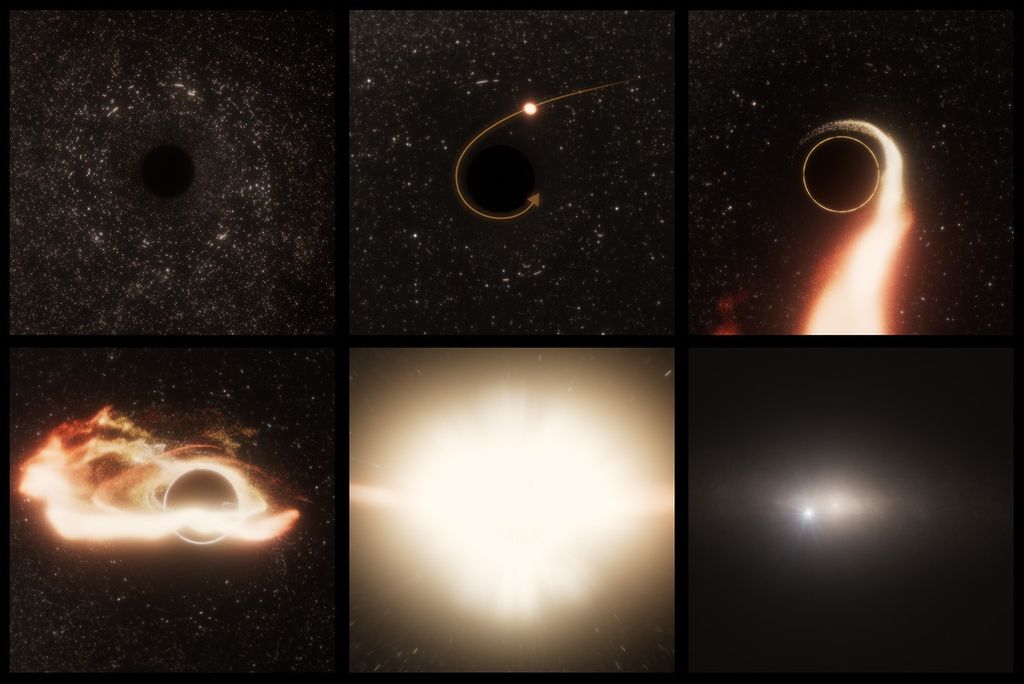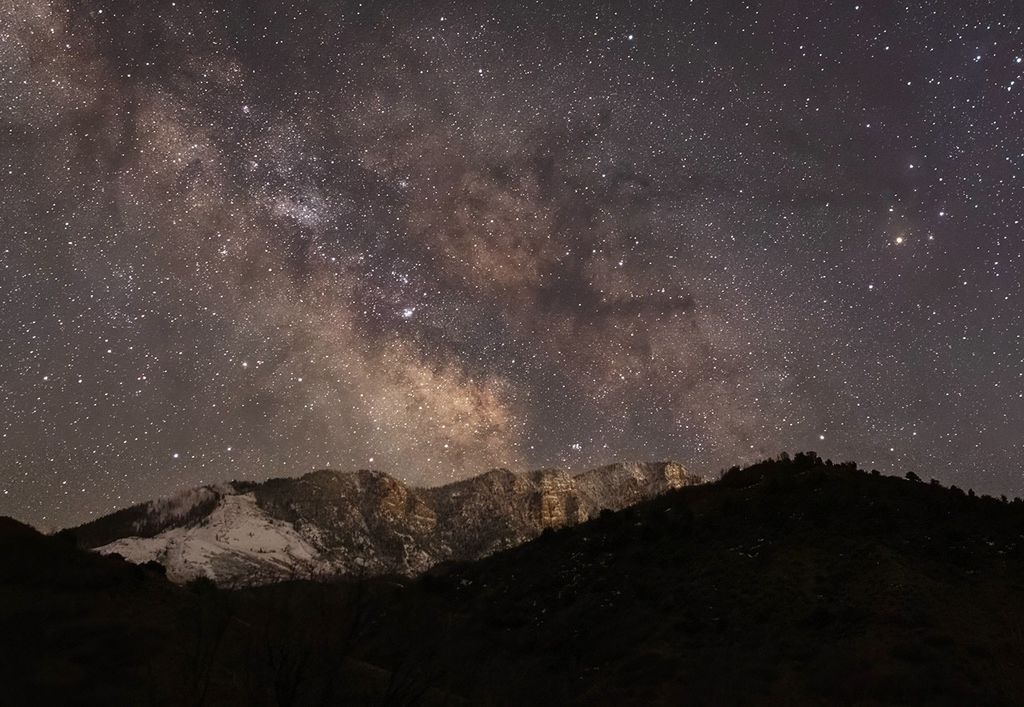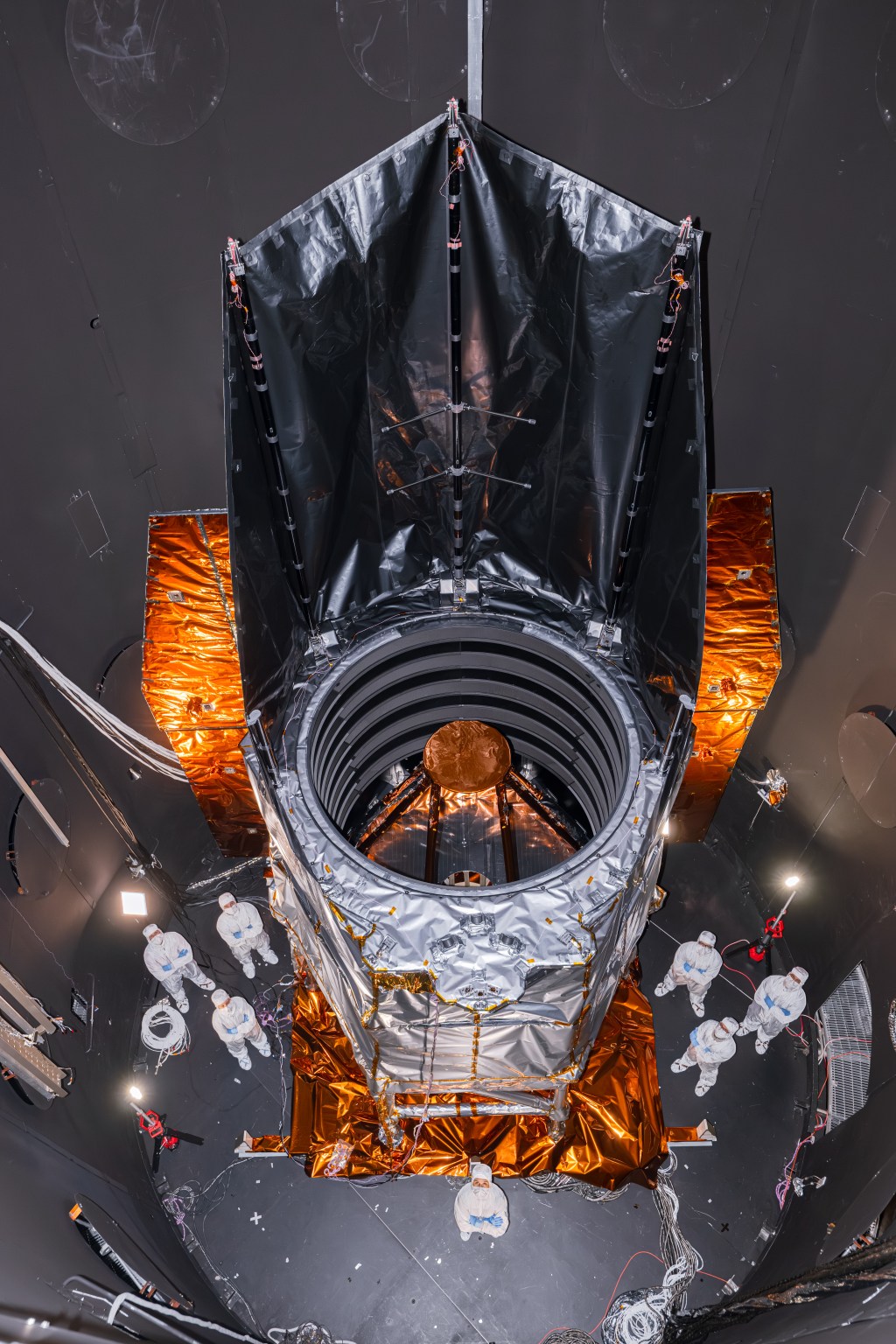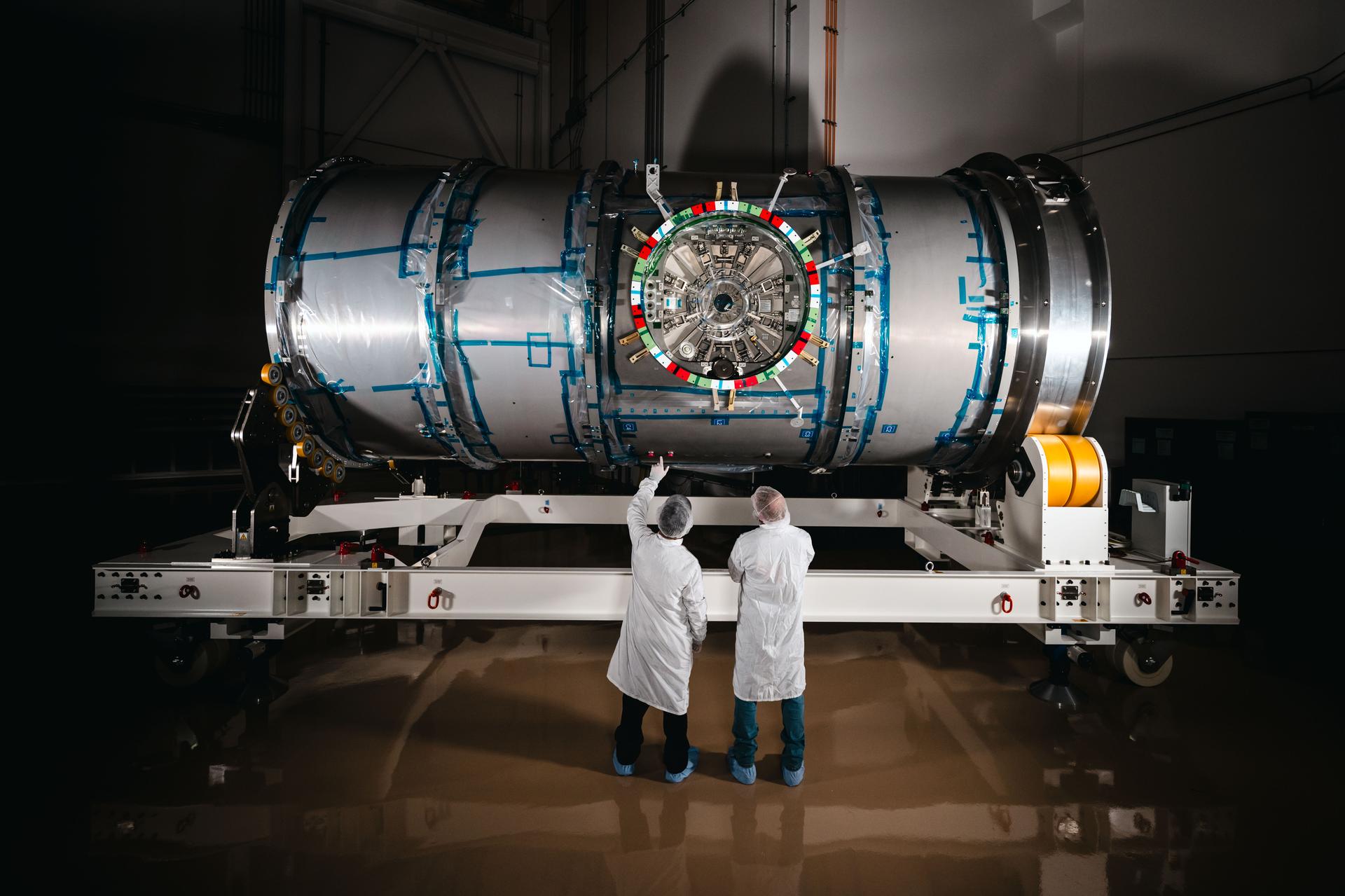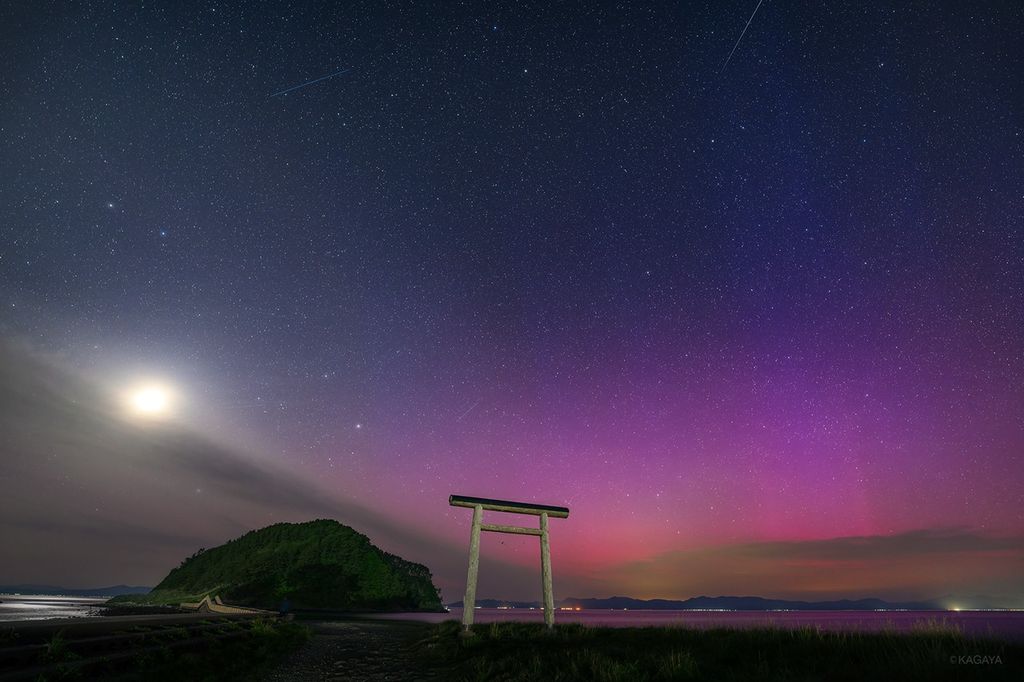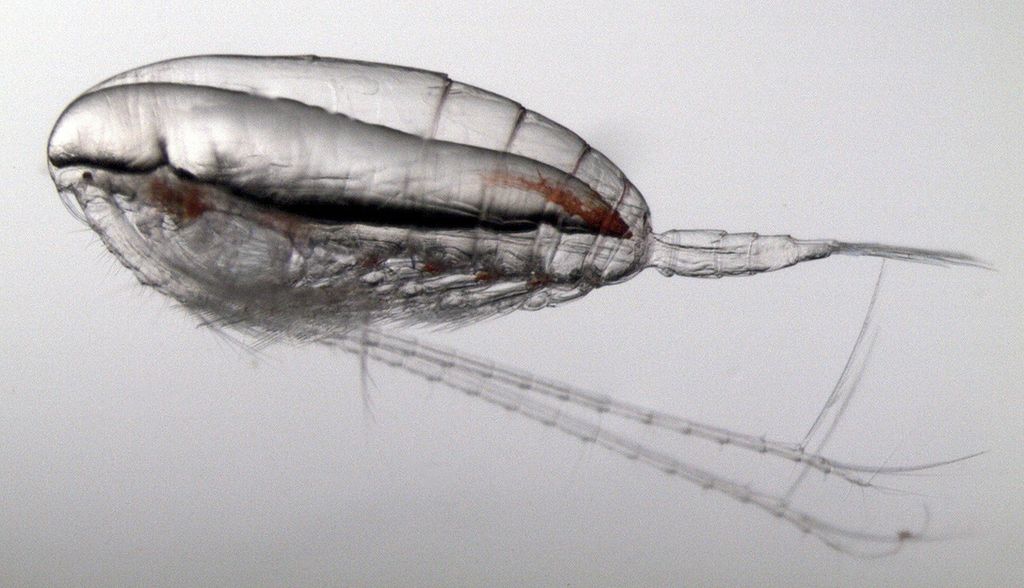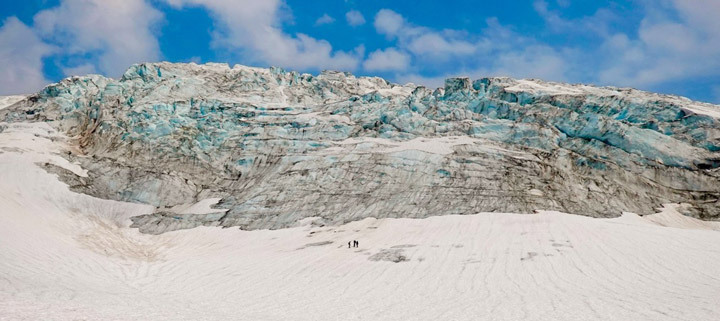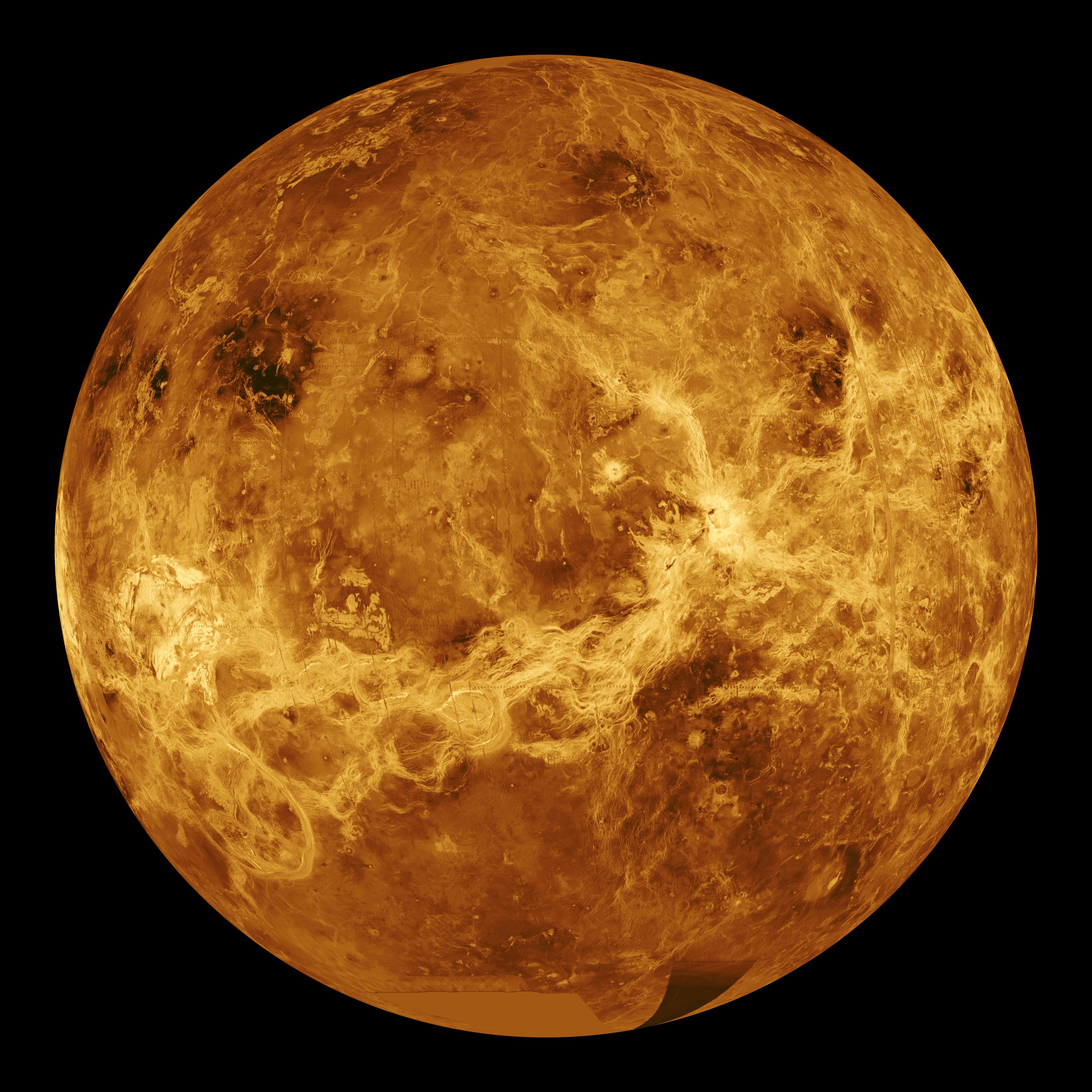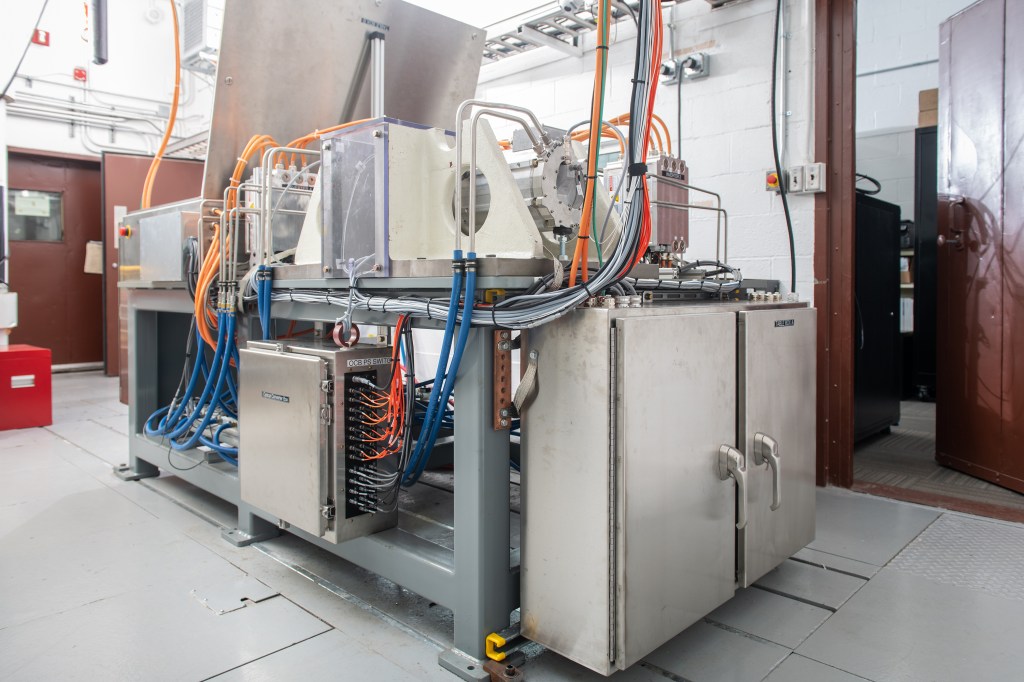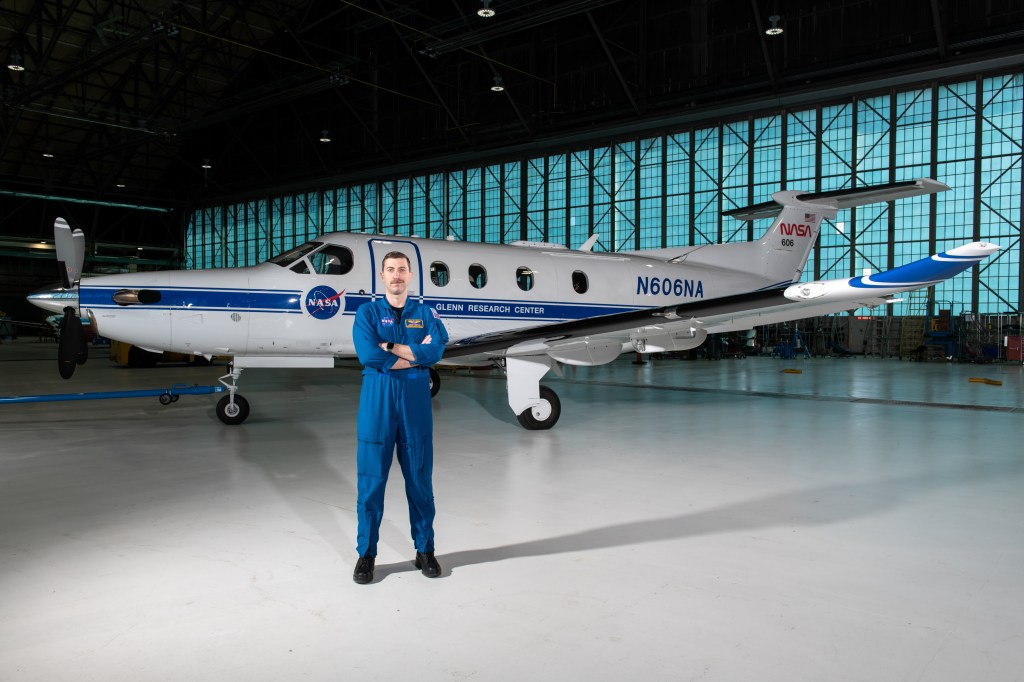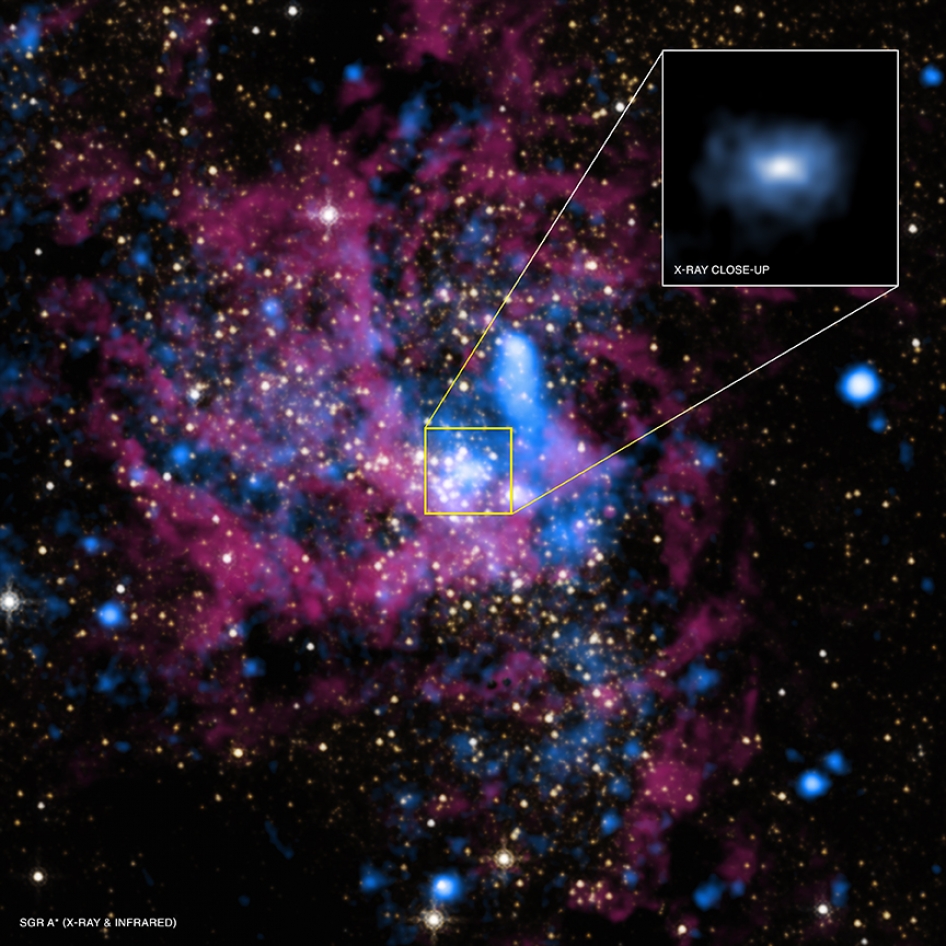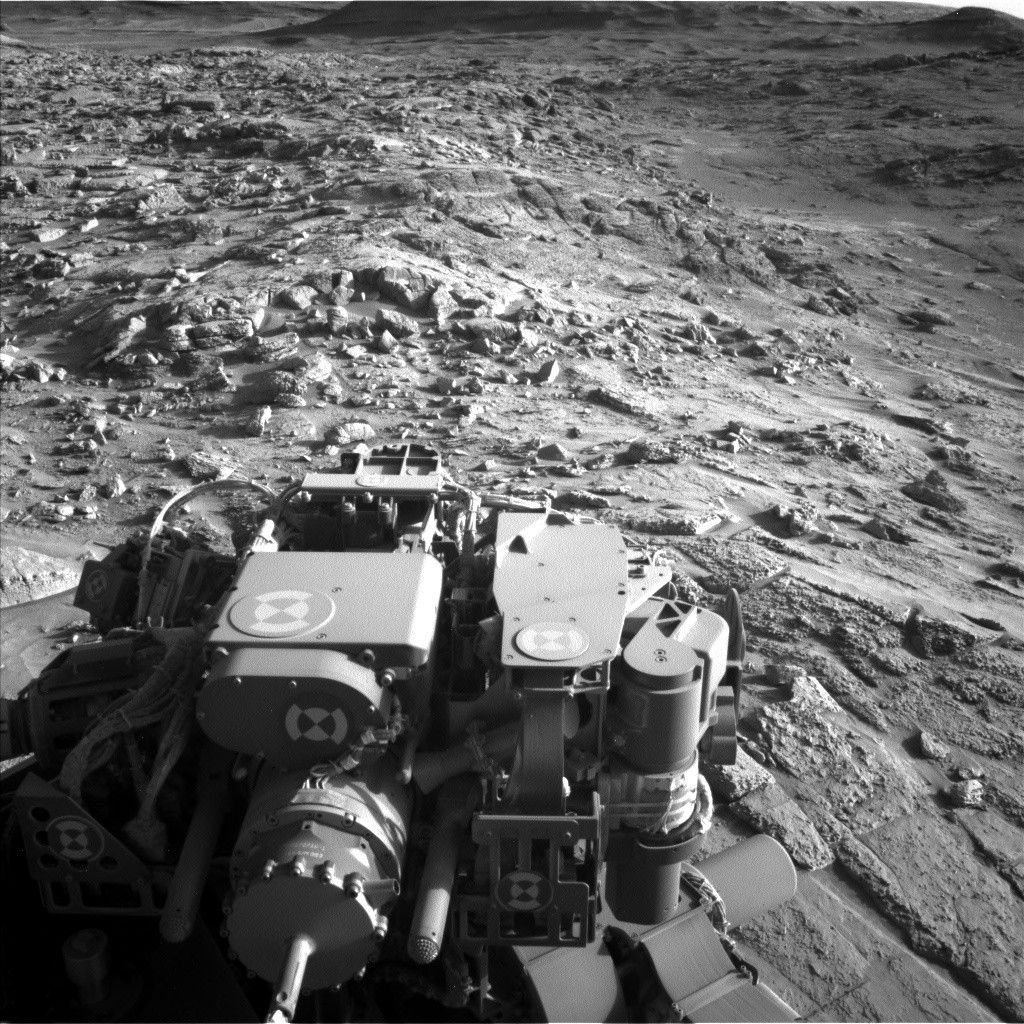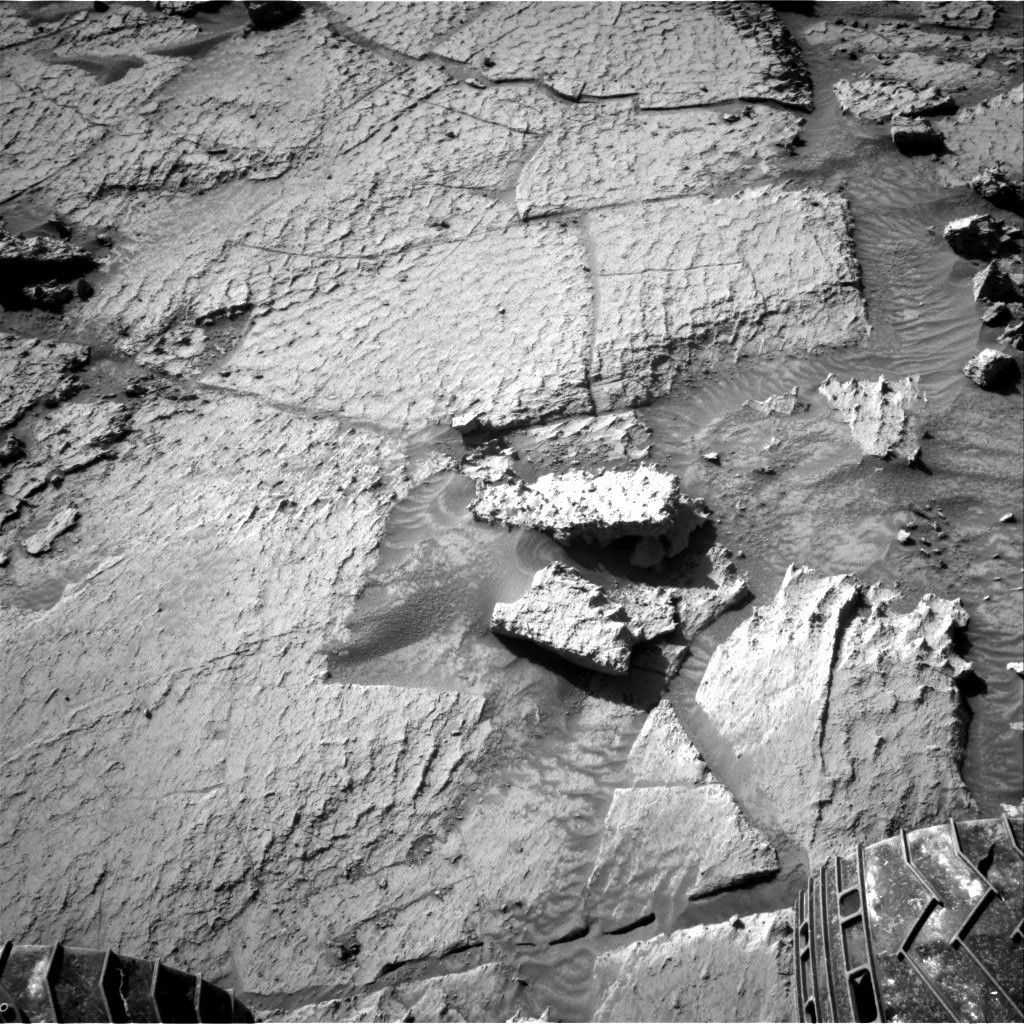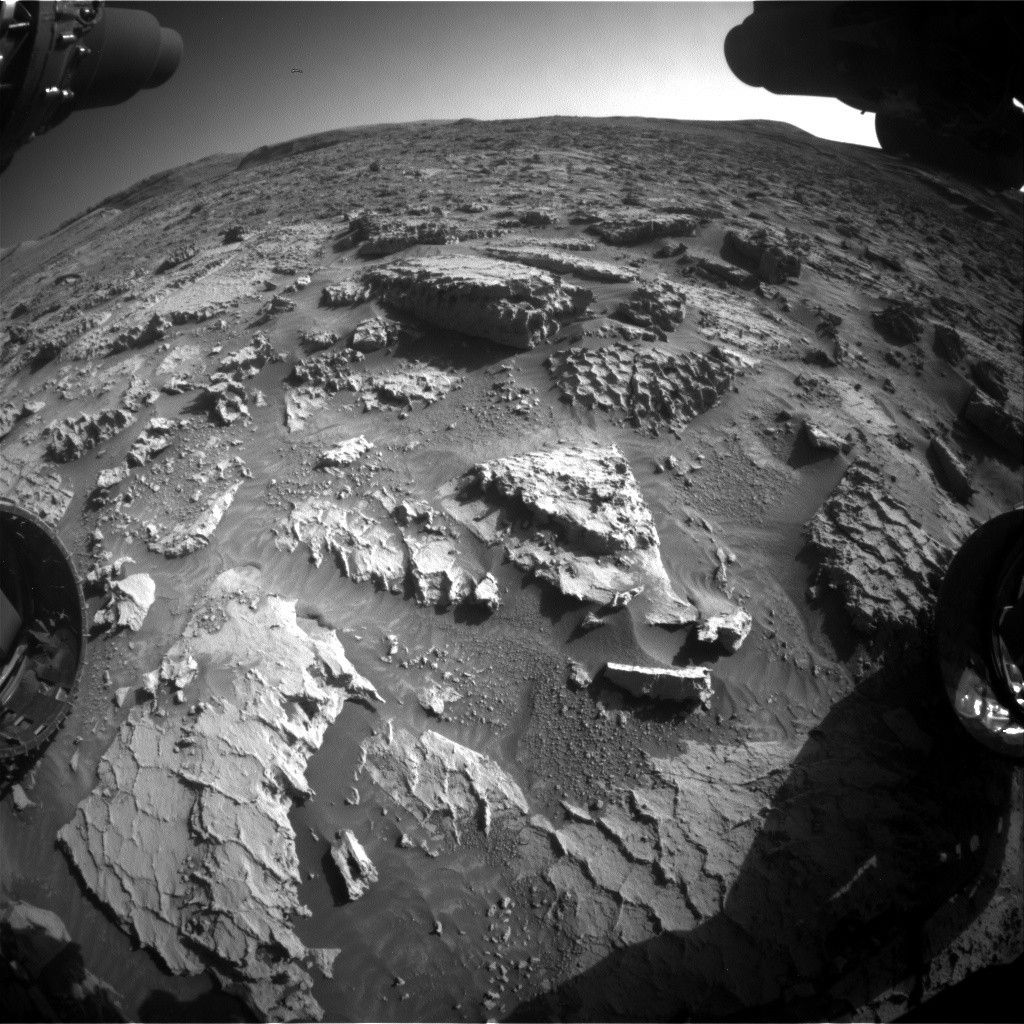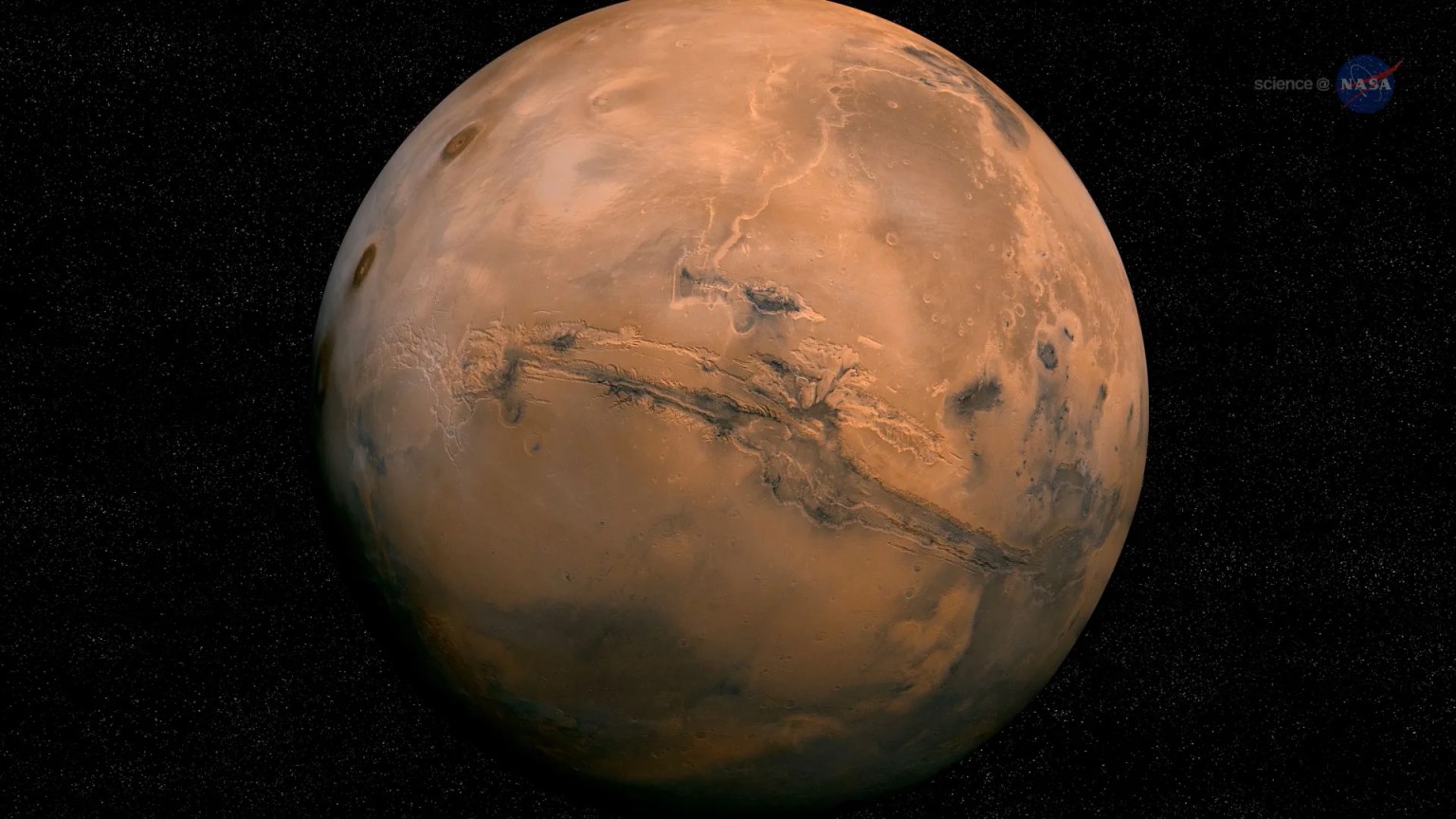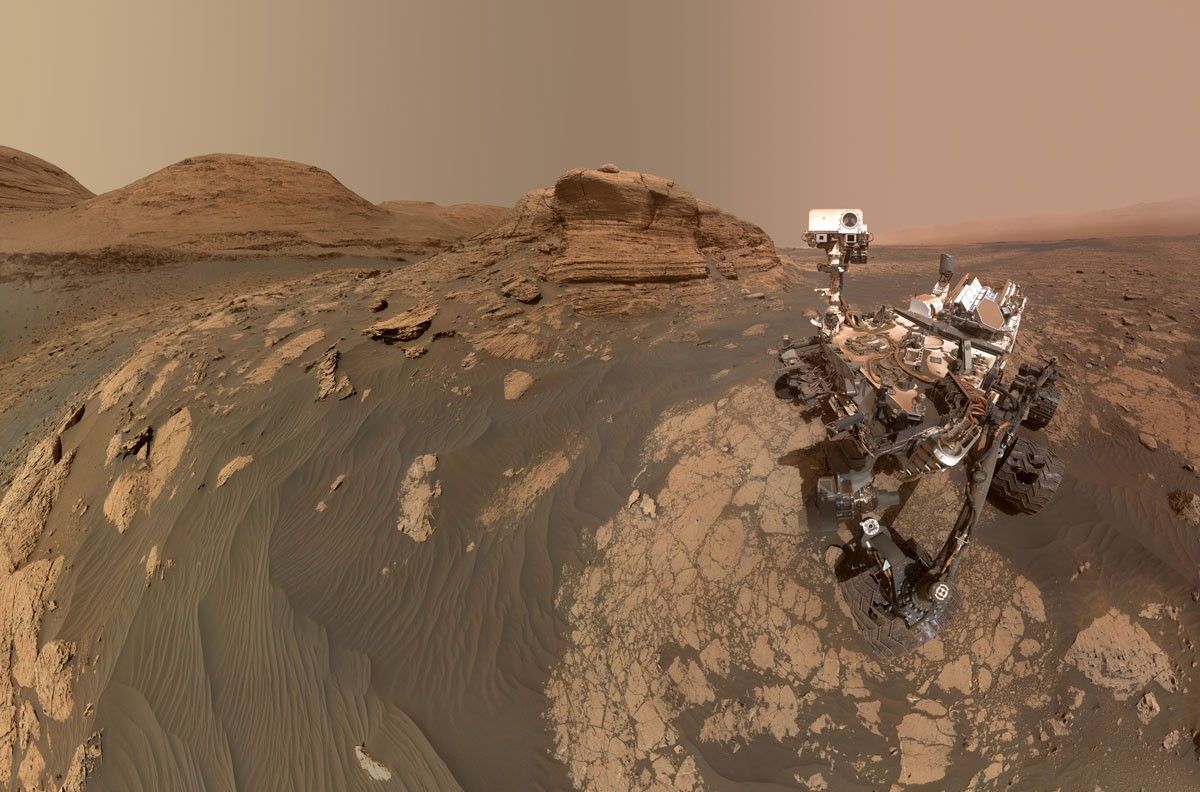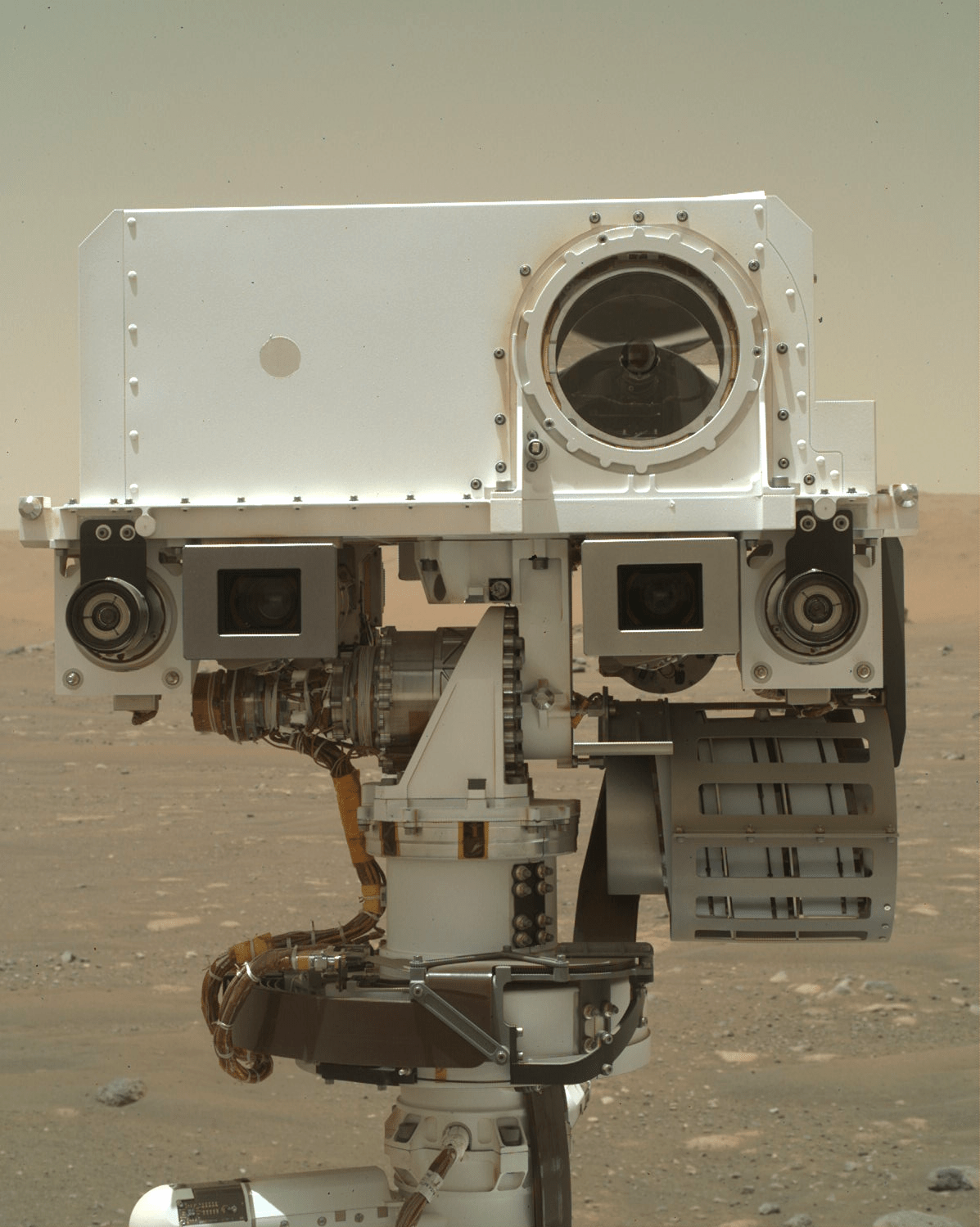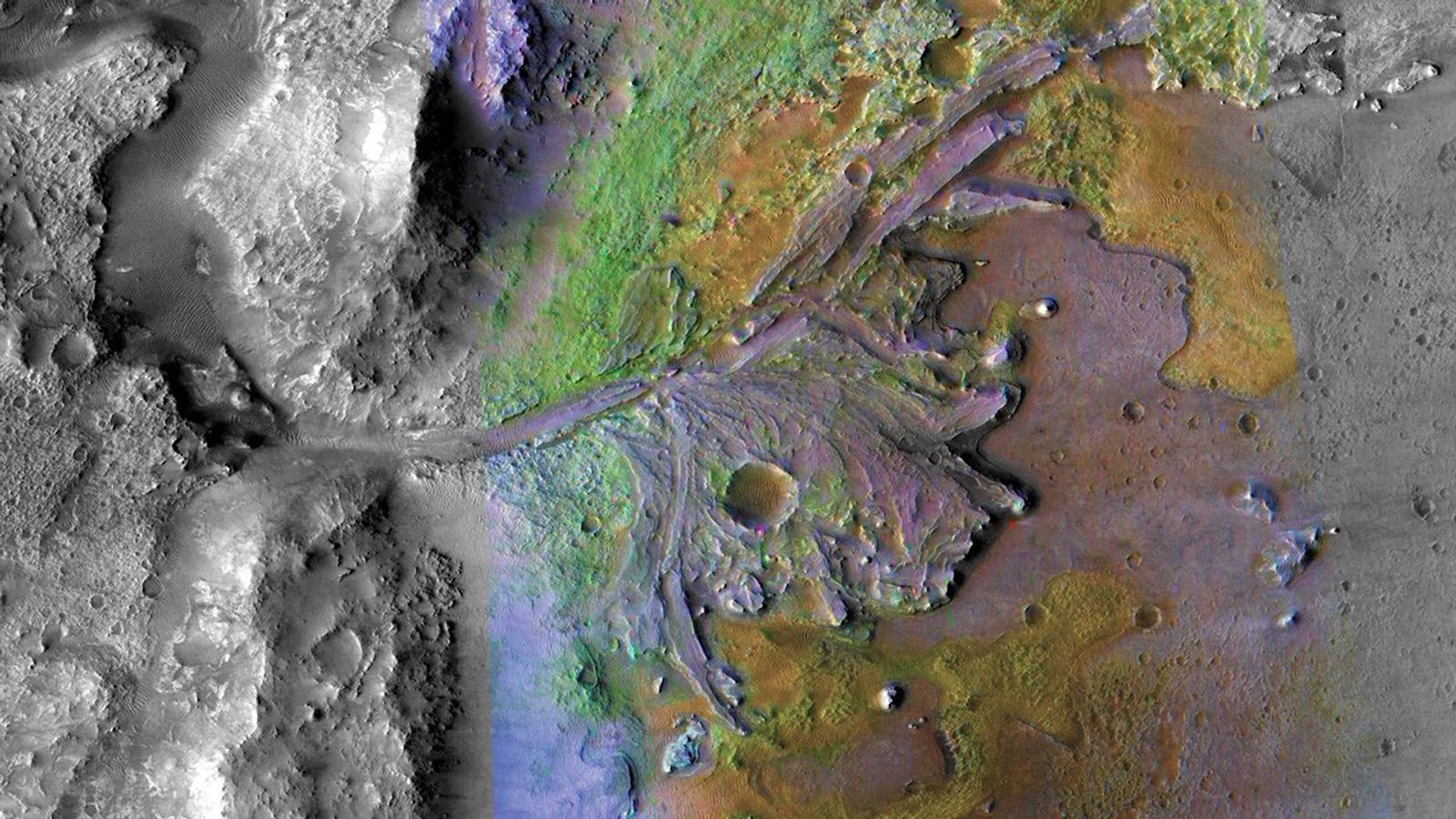Whew! It’s going to be a busy weekend on Mars! The Sol 1157plan starts off with an activity to test out AEGIS, a software tool that willhelp with choosing targets for ChemCam and Mastcam.
Whew! It’s going to be a busy weekend on Mars! The Sol 1157
plan starts off with an activity to test out AEGIS, a software tool that will
help with choosing targets for ChemCam and Mastcam. The AEGIS activity will
take ChemCam images of two targets: "Ashley Lakes" and "Amsden". That is
followed by a ChemCam observation of the target "Augusta". Mastcam will take supporting
images of Ashley Lakes and Amsden, plus an image of "Dodd Ranch" and two
mosaics: a 3x2 and a 9x2.
Once the remote sensing is done, the arm will get a workout.
MAHLI and Mastcam have some images of the sky to help with calibration, and
then MAHLI will take some images of its own calibration target and the APXS
calibration target. After that, MAHLI will take some images of the wheels, and
then APXS will measure its calibration target. Once that is finished, we will
brush the dust off of the target Augusta, take some Mastcam and MAHLI images of
it, and then place APXS on it to make some measurements on and off the brushed
spot.
On Sol 1158 the rover will drive to a location that looks to
be a nice viewpoint, and that will be followed by standard post-drive images,
including a 27x2 360 degree panorama with Mastcam. On Sol 1159, Mastcam has a
tau observation to measure the amount of dust in the atmosphere, and Navcam has
a couple of movies to watch for clouds and dust devils. Later in the day,
Mastcam will do another tau, and ChemCam will make a measurement of its
titanium calibration target. By Ryan Anderson -Ryan is a planetary scientist at the USGS Astrogeology Science Center and a member of the ChemCam team on MSL. Dates of planned rover activities described in these reports are subject to change due to a variety of factors related to the Martian environment, communication relays and rover status.
Written by Ryan Anderson, Planetary Geologist at USGS Astrogeology Science Center


